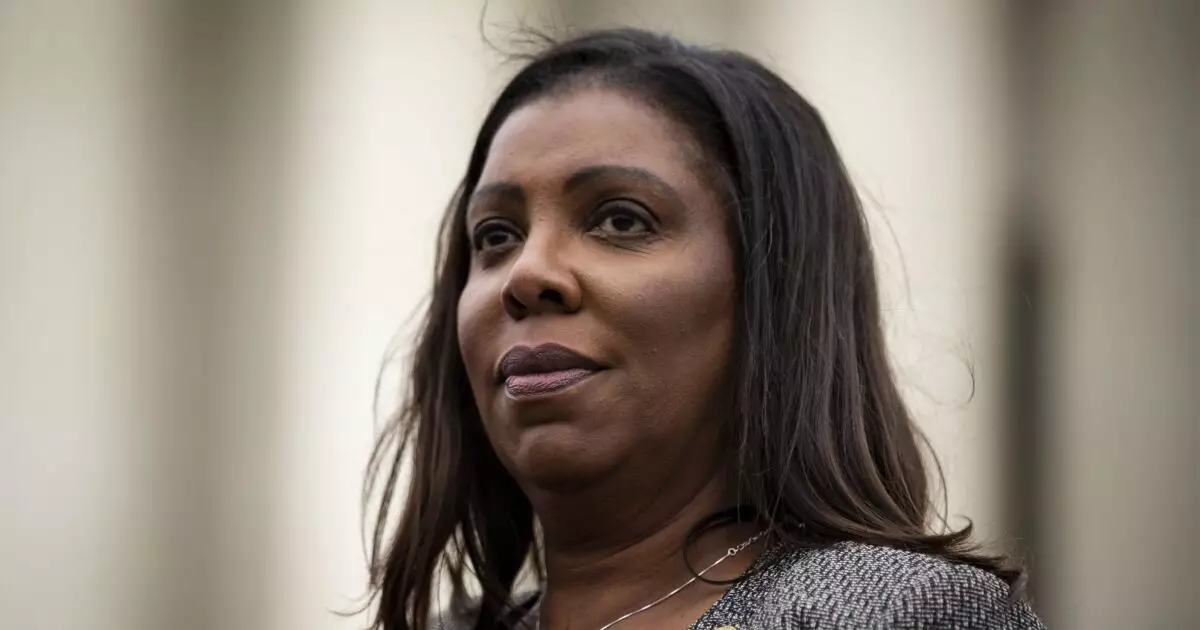The legal landscape surrounding federal funding has witnessed significant tension between state authorities and the Trump administration. A series of court rulings, particularly by a Rhode Island district court judge, has highlighted the ongoing battle over the allocation of federal funds, a conflict underscored by partisan divides and policy implications.
On January 27, the Office of Management and Budget (OMB) issued a controversial memo that effectively froze all federal funding to states and cities, a move seen by many as an attempt to withhold money from Democratic-led states. The immediate repercussions of this memo were felt instantaneously as 23 Democratic states banded together to contest the funding freeze, leading to a motion filed in court. In the aftermath, District Judge John McConnell’s intervening order came as a response to this political climate, signaling the judiciary’s role in maintaining checks and balances on executive actions.
Critics of the OMB’s memo pointed out its sweeping language and lack of clarity regarding the legality of such a freeze. Judge McConnell underscored this by stating that the administration’s actions appeared to be broad and categorical rather than backed by specific findings of fraud, emphasizing concerns regarding potential irreparable harm to states affected by the budgetary hold-up.
In an order issued on Monday, Judge McConnell mandated the immediate restoration of federal funds to states, highlighting that the funding freeze was likely unconstitutional. He noted that the extensive nature of the freeze failed to differentiate between necessary and potentially fraudulent expenditures, which cast doubt on the administration’s claims of rooting out fraud. This decision illustrates the judge’s critical perspective on the administration’s methods, drawing a line between genuine oversight and politically motivated budgetary restrictions.
Furthermore, McConnell’s ruling reasserted the judiciary’s role as a guardian of federal financial allocations and justice, particularly in situations where executive power may be misused. By referencing the Inflation Reduction Act and the Infrastructure Investment and Jobs Act (IIJA) specifically, the ruling brings attention to the critical disparities in funding that could impact public projects and state economies.
The court’s ruling is just one piece in a broader legal puzzle. In conjunction with the funding freeze challenge, several other lawsuits have surfaced, indicating widespread dissent against the Trump administration’s fiscal policies. For instance, unions and state agencies have also initiated legal action concerning in-house efforts aimed at encouraging federal employees to resign, revealing a multifaceted resistance to the administration’s maneuvers.
Moreover, U.S. District Judge Paul A. Engelmayer’s restriction on access to Treasury Department data by the advisory group Department of Government Efficiency, administered by Elon Musk, only adds to the legal complexities. As separate lawsuits emerge, there is a growing acknowledgment that the administration’s strategies not only affect funding but could also compromise data integrity and citizens’ privacy.
This unfolding drama reveals sharp partisan lines that dictate the narrative surrounding federal funding—a critical issue that transcends simple budgetary concerns. The Democratic states, rallying against funding freezes, frame their struggle as a fight for equity and fairness in governmental resource distribution. In contrast, the administration’s actions, justified under the pretext of combating fraud, are perceived by critics as a political objection to policies they oppose, such as the Green New Deal.
Given the order for the restoration of funds, tensions are likely to continue as both parties prepare for a politically charged hearing set for February 14. This event could serve as a pivotal moment, determining the future of federal funding policies and their impacts on state economies, as well as underscoring the judiciary’s crucial role in moderating executive overreach.
The unfolding narrative around federal funding will undoubtedly continue to evolve, but the recent court rulings decisively illustrate how the judiciary acts as a necessary check against potential abuses of power, reinforcing the principle that judicial independence remains vital in the tumultuous arena of political governance.

